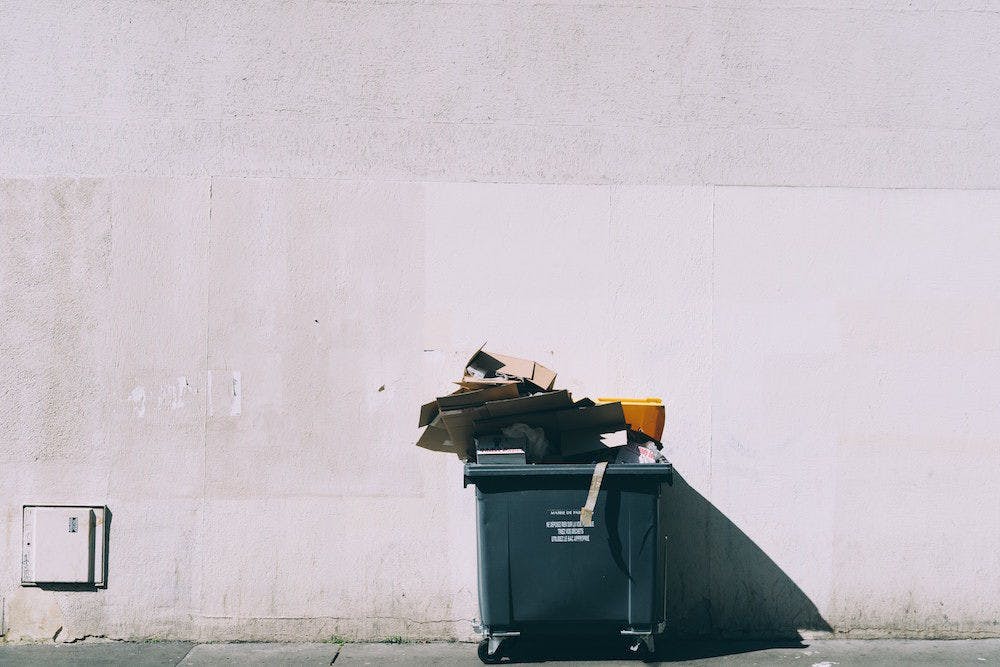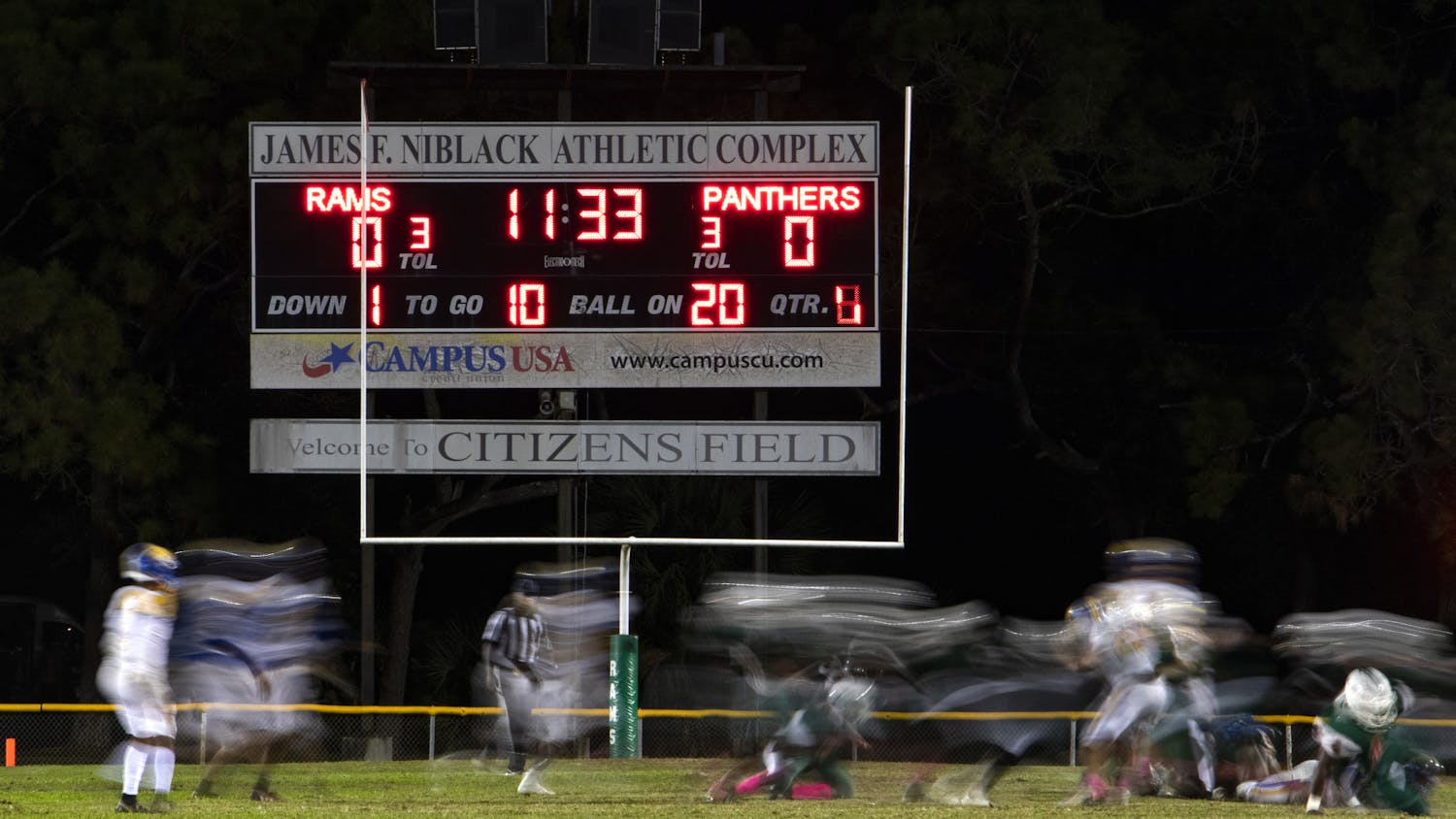Reusable shopping bags. Citywide composting. Styrofoam-free restaurants. This is Gainesville’s future.
Gainesville city officials are working to make Gainesville a zero waste city by 2040, which means keeping materials and foods out of landfills by reusing or repurposing them. It started with the approval of a single-use plastic ban, but its implicate date has been pushed back.
City officials are making this move to stop climate inaction and limit waste generation, said Commissioner Adrian Hayes-Santos. Motivators for the initiative were food scraps making up 25 percent of the city’s waste and the abundance of plastics in creeks.
“We have to take action now,” Hayes-Santos said. “It’s not sustainable what we’re doing in terms of the waste generation that we’re creating.”
The city won’t take big steps toward its goal until after its 2020 budget is finalized on Oct. 1, Commissioner David Arreola said. Money for the new projects will come from the city’s general fund, which is filled by property taxes, service fees and Gainesville Regional Utilities revenue.
Steps like assessing current programs and writing a strategic plan to improve them will be placed on hold, Arreola said. However, the commission is looking for a sustainability manager to be in charge of sustainability programs.
In the meantime, city officials have already started to make progress toward the goal by banning single-use plastics and Styrofoam containers. The ban was voted on in January and will take effect Jan. 1, 2020. A fine of $250 will be given to businesses that are not in line with the ban.
When the ban was originally voted on, it was scheduled to begin Aug. 1. On March 28, the commission voted 5-2 to move the date to January.
The extended deadline will allow local businesses to include the ban in their 2020 annual budgets, Arreola said.
The commission may add plastic straws to this ban, but the Florida Legislature is considering a bill that would delay it. Following Gainesville’s lead, the Alachua County Commission also discussed a single-use plastics ban on April 2.
Christa Court, a UF food and resource economics assistant scientist, said the ban will act as a tax and disproportionately affect lower-income residents who don’t own reusable bags.
At the same time, businesses may have increased sales as some consumers prefer to shop in eco-friendly stores, she said.
Court suggested an education campaign promoting repurposing and recycling could better serve the community in the short-term.
“People are afraid to say they disagree with the ban,” she said. “A lot of people reuse plastic bags.”
Caitlin Burkill, the co-owner of Harvest Thyme Cafe, said her business made the switch from plastic and Styrofoam a year ago.
“It’s a huge price difference, which sucks because taking care of the environment shouldn’t be more expensive,” she said.
Her cafe now uses biodegradable cups and containers made from corn. These products can cost two to three times the price of their plastic and Styrofoam alternatives, she said.
It took a few months for the cafe to have enough money for the switch.
“We just saved up for a while and finally just said ‘screw it’ and made the switch,” she said.
Although she said she thinks the ban could bankrupt other local businesses, she still supports the overall 2040 initiative.
Along with the ban, city officials will take other steps to reach the waste-free goal like updating recycling, testing a home composting pilot program and reducing food waste, Hayes-Santos said.
Home composting is the process of making nutrient-rich soil from uneaten food scraps, excluding fat, at home.
The future plans and strategies the commission will create have been supported by local group Zero Waste Gainesville. The group has also provided information on sustainability issues.
Nina Bhattacharyya, the group’s founder, said her group supports and advises the city commission by compiling a list of environmental plans from other U.S. cities while also educating local residents on sustainable living.
The group would like to see the city and county commissions enact policies to increase the number of residential recycling bins and reduce the amount of methane gas that escapes from landfills.
The organization also aims to educate residents through local workshops. On May 8, it will host a reusable grocery bag sewing class with the Gainesville Repurpose Project.
“It became pretty evident early on that there’s only so much that the city and county can do in terms of passing policies and enforcing policies,” she added. “It really is also a matter of the community coming forward as members and practicing more zero waste lifestyle choices.”
Photo by Jilbert Ebrahimi on Unsplash






